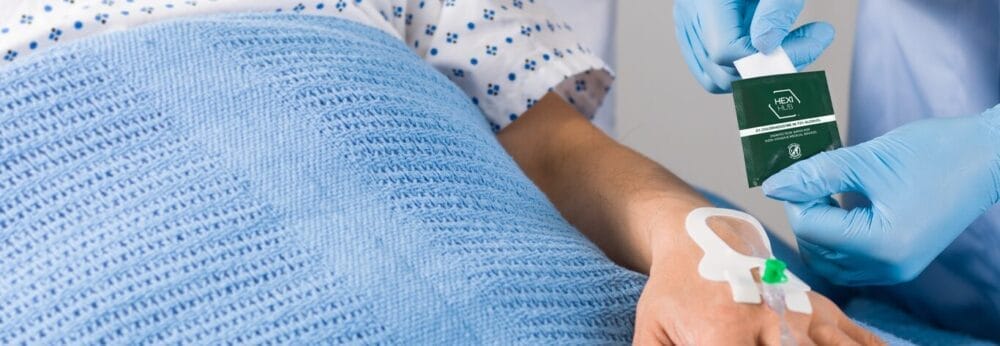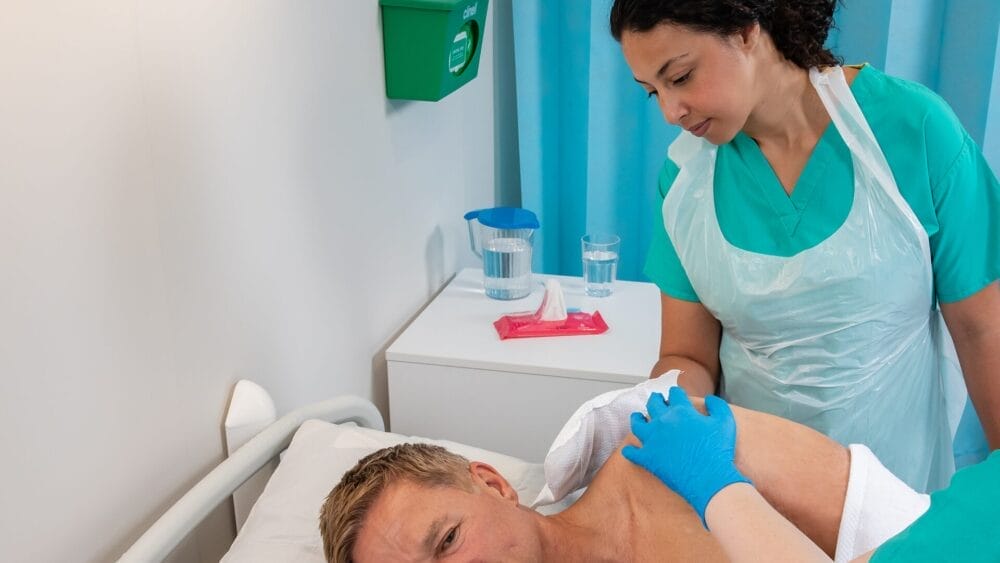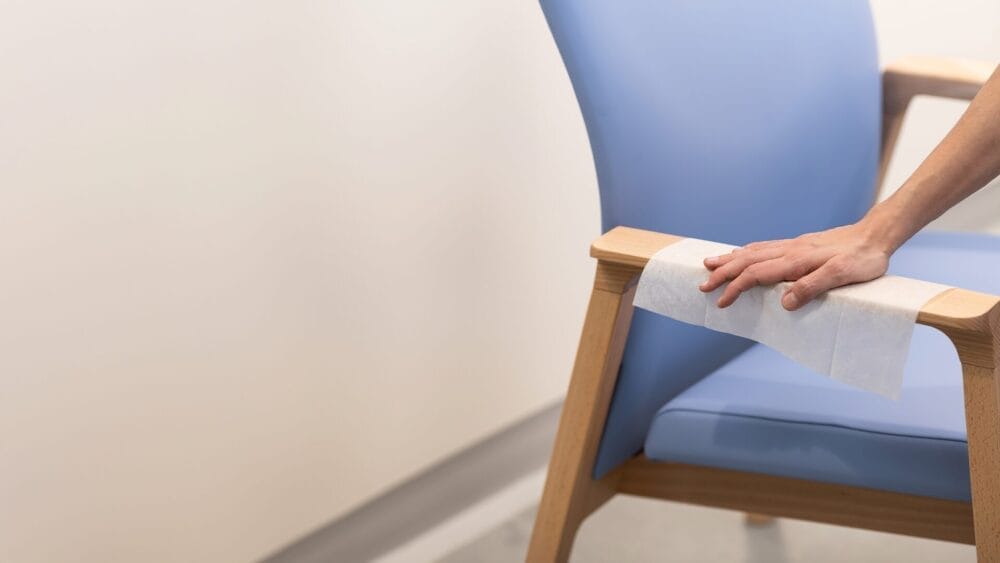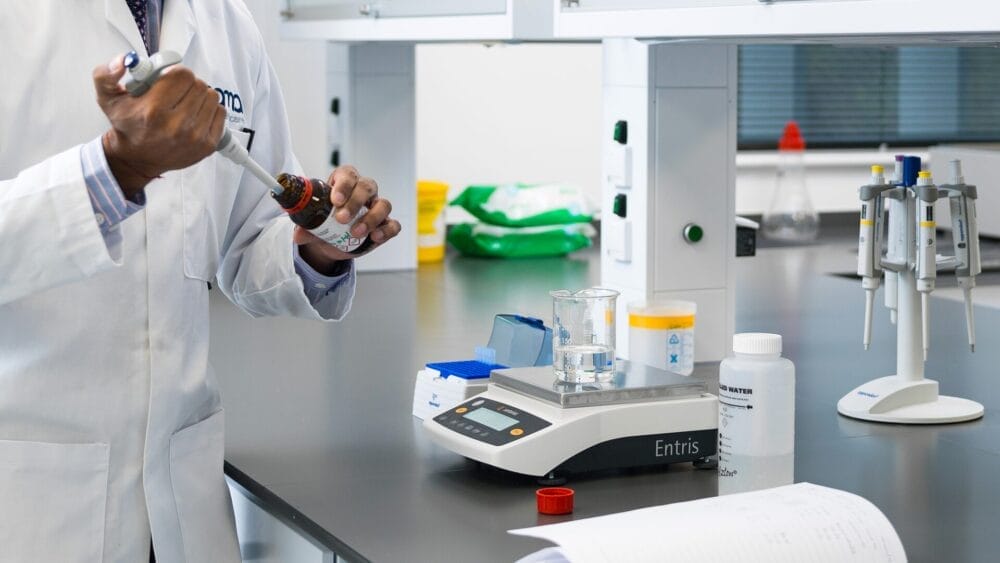Posted
7th September 2018
Research
A study from Singapore has highlighted extensive environmental contamination with carbapenem-resistant Acinetobacter baumannii in the ICU. This reinforces the need for enhanced environmental measures to reduce the transmission of carbapenem-resistant Acinetobacter baumannii in the ICU setting.
Carbapenem-resistant Acinetobacter baumannii is in many ways a scary organism: it’s highly resistant to antibiotics with few therapeutic options left in some cases, seems to spread readily in ICUs and burns units, and has an extraordinary ability to survive in the dry environment. One study reported that A. baumannii can survive for more than a year on dry surfaces – and that’s without a water or nutrient source!
During an outbreak of carbapenem-resistant Acinetobacter baumannii in an ICU in Singapore, the team performed a point prevalence survey of patient colonisation / infection and environmental contamination with carbapenem-resistant Acinetobacter baumannii. Environmental contamination was identified in 28% (5/18) of the rooms on the ICU. Whole genome sequencing found that environmental isolates were closely related to the patient in the room, but differed between rooms. This suggests that the environmental isolates originated from the patient in the room.
These findings reinforce the need for enhanced disinfection when dealing with carbapenem-resistant Acinetobacter baumannii, especially at the time of patient discharge. This will reduce the risk that contaminated surfaces become a reservoir for room-to-room transmission of carbapenem-resistant Acinetobacter baumannii.
SHARE THIS ARTICLE
Tags
Latest News
Introducing HEXI HUB: A seamless transition in our product line
We’re pleased to announce an update to our product offering…
Innovative solutions for tackling Carbapenemase-producing Enterobacteriaceae (CPE) at King’s College Hospitals
King’s College Hospital NHS Foundation Trust, one of London’s largest…
Gloves Off: reducing unnecessary plastic waste during environmental cleaning and disinfection
In this blog, Dr Phil Norville discusses the momentum-gaining ‘Gloves…
Gloves Off: Navigating SDS sheets and skin safety claims in environmental decontamination products
In this blog, James Clarke (Head of R&D, Science &…




